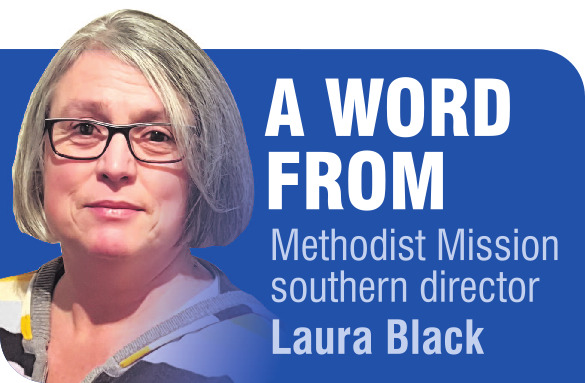
As the early stages of climate change begin to bite, we’re now seeing government and media talk tentatively about "managed retreat" from areas that have traditionally been flood plains or exposed to storm surges (i.e. coastal), or where the underlying water table is close to the surface, restricting easy run-off.
The ORC’s website has a flood hazard layers map which shows the Leith, Kaikorai, and Taieri water courses’ potential to flood the northern part of Dunedin and all of Mosgiel. Last May the Otago Daily Times reported that sea level rise could affect the Otago coastline sooner than expected.
Not that any kind of drainage system would have coped with that Auckland rainfall, but it is true that many parts of the country have stormwater, reticulation, and sewerage systems that face eye-watering repair and maintenance costs, particularly on a per ratepayer basis. That’s not news for South D.
Like the locavore food movement, perhaps as we start to rearrange where and how we live for these new one-in-100-year-but-now-annually weather events, we might start to see some localism in our water and power infrastructure?
Blueskin Energy Ltd, within the Dunedin City boundaries, is delivering local power solutions.
In Melbourne, Water Source has built a couple of prototypes — each the size of a thick single mattress — that produce 10,000 litres of drinking water a day from any source.
The old septic tanks were a local version of sewerage management.
Many new builds in Dunedin must include detention tanks to stop heavy rainfall overwhelming the stormwater system.
If we could think about this differently, we might see that we’re almost there.
Not billions of dollars for centrally managed systems, but a couple of thousand dollars on each new build for a networked, localised, set of solutions.
If you would like to support the mission’s work with a donation, please visit givealittle.co.nz and search for the Methodist Mission.











